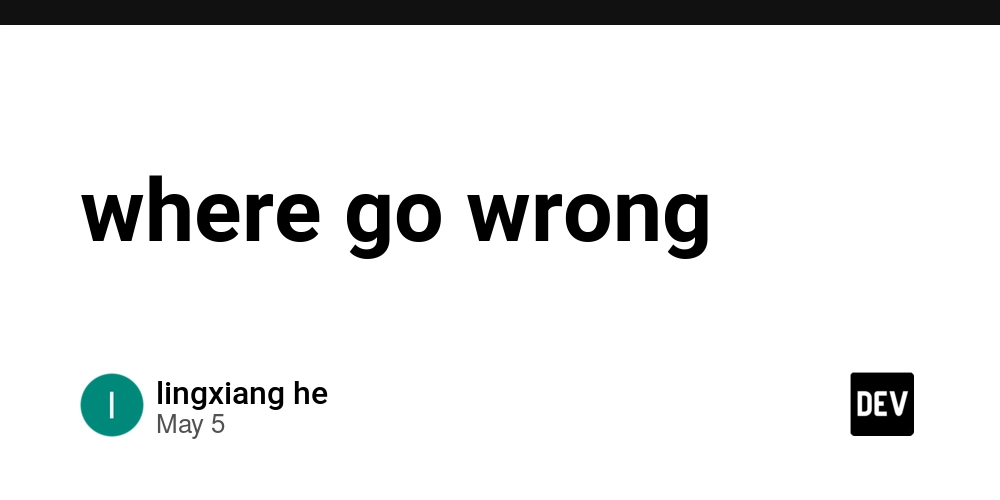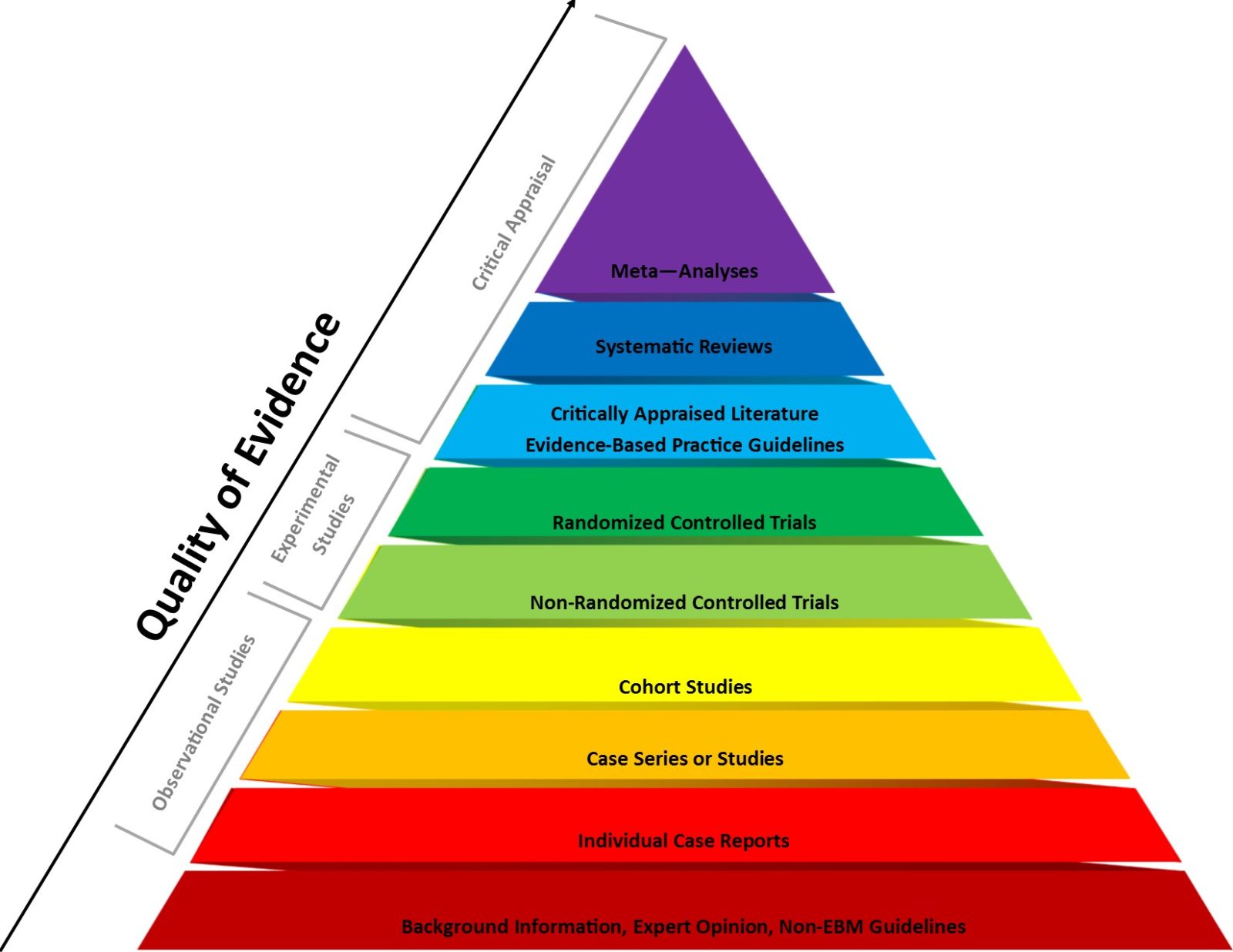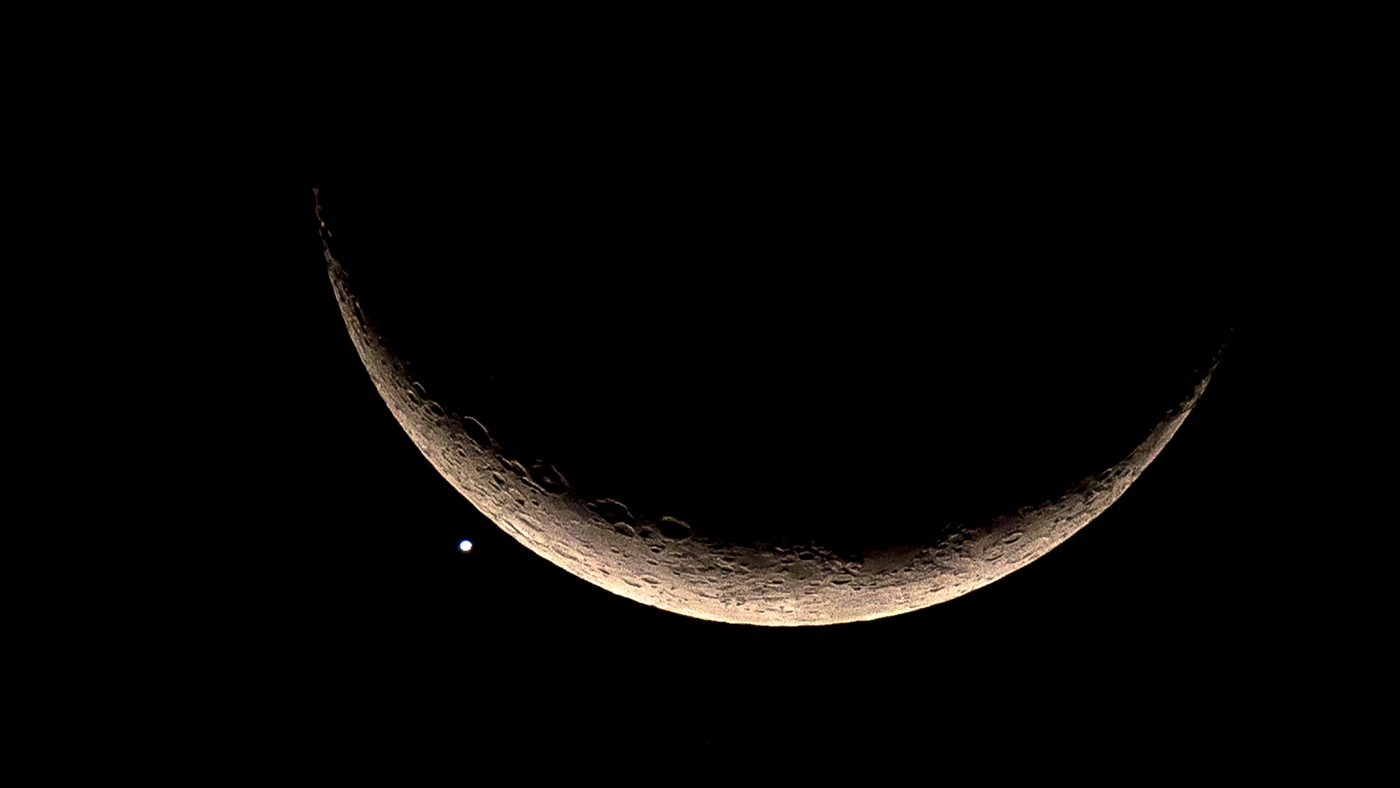Love endures all, including slavery and the pandemic. I wanted to show how
In early 2020, separated from my family and friends during the pandemic, I made up my mind to write a love storyIn early 2020, I made up my mind that I wanted to write a love story. Separated from my family and friends during the height of the pandemic and emotionally raw from living alone, I wanted to write something where I already knew the ending from the beginning: the characters would win. How they got there would be the most difficult part. I was inspired by the oeuvres of Toni Morrison and Gabriel García Márquez, and I wanted my fourth book to be vast in scope, rich in history and intertwined with familial lineages. But the work would demand plot development as well as historical research and I needed someone to help me.I began interviewing assistants and came across a fellow Black female Harlemite from the Schomburg Center for Research in Black Culture. Immediately, we clicked over a video chat and soon after, she emailed me a document she said I just had to see. The attachment revealed a four-page, cursive letter that dated back to 4 February 1863. Gorgeously maintained and preserved, the letter was written by a woman named Maria who took dictation from an enslaved man named James Tate of West Point, Georgia. Continue reading...

In early 2020, separated from my family and friends during the pandemic, I made up my mind to write a love story
In early 2020, I made up my mind that I wanted to write a love story. Separated from my family and friends during the height of the pandemic and emotionally raw from living alone, I wanted to write something where I already knew the ending from the beginning: the characters would win. How they got there would be the most difficult part. I was inspired by the oeuvres of Toni Morrison and Gabriel García Márquez, and I wanted my fourth book to be vast in scope, rich in history and intertwined with familial lineages. But the work would demand plot development as well as historical research and I needed someone to help me.
I began interviewing assistants and came across a fellow Black female Harlemite from the Schomburg Center for Research in Black Culture. Immediately, we clicked over a video chat and soon after, she emailed me a document she said I just had to see. The attachment revealed a four-page, cursive letter that dated back to 4 February 1863. Gorgeously maintained and preserved, the letter was written by a woman named Maria who took dictation from an enslaved man named James Tate of West Point, Georgia. Continue reading...















































































